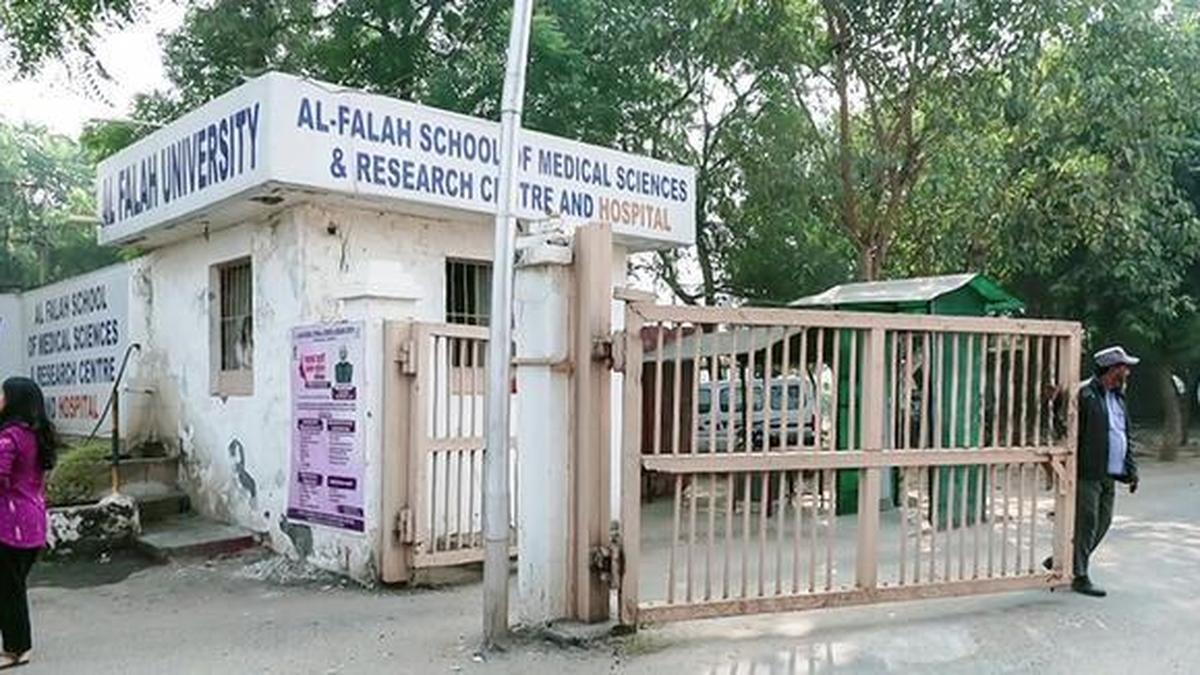Manipur police sent incomplete, incorrect clips for forensic analysis, Kuki group tells Supreme Court

A Kuki rights organisation filed an affidavit in the Supreme Court on Thursday challenging the recent confidential report submitted by the National Forensic Sciences University (NFSU), Gujarat, that concluded that audio tapes – sourced from a whistle-blower claiming that they contain telephonic conversations of former Manipur Chief Minister N. Biren Singh inciting ethnic conflict – are “modified, edited, and tampered”.
The Kuki Organisation for Human Rights Trust (KOHRT) told the top court that the Manipur police sent incomplete, “cut-out clips” to the NFSU instead of the complete recording.
SIT probe sought
The rights organisation sought a court-monitored special investigation team (SIT) to probe the matter.
Hearing the matter earlier this month, a Bench of the apex court had taken note of the NFSU’s findings. It then directed that the report be submitted to the petitioner and granted two weeks’ time to submit an affidavit in response.
In the affidavit, KOHRT chairman H.S. Mate stated that after the court directed that the clips in question be sent to the NFSU, the forwarding agency – the Office of the Superintendent of Police, Cyber Crime, Manipur – “transmitted only four short, cut-out clips” that put together ran for just a little less than five minutes “instead of the complete 48-minute 46-second recording”.
“Consequently, the NFSU could not verify the continuity or authenticity of the original recording and even the Central Forensic Science Laboratory was unable to examine the same for the very same reason,” Mr. Mate stated in the affidavit.
‘Shocking disciovery’
Mr. Mate explained given that they had submitted the full audio recording and did not know what the forwarding agency was sending to the forensic lab in Gandhinagar, they “genuinely believed” that the full recording had been sent to the lab for examination. “It was, therefore, shocking to discover later that the audio clips actually transmitted were incorrect, incomplete, and did not represent the original recording,” he submitted.
Further, the KOHRT chairperson said the NFSU had confined its analysis to metadata and tampering detection, and declared the clips “tampered” or “AI generated” just based on discontinuities and processing traces without conducting auditory or spectrographic voice comparison.
Even as the KOHRT had submitted audio recordings of the leak, allegedly implicating Mr. Singh in inciting the conflict in the State, it also submitted a forensic analysis of the recordings conducted by Truth Labs, which found no continuity errors in the recordings, further concluding that there was a 93% chance that the voice in the recording was that of Mr. Singh.
Truth Labs, a private non-profit, was set up as an independent forensic sciences laboratory in Hyderabad in 2007 by a group of retired Directors of Central and State Forensic Science Laboratories and is relied upon by the Supreme Court, at least six High Courts, trial courts, police, the Central Bureau of Investigation, the National Investigation Agency, Central Reserved Police Force, and around 200 Central and State government Ministries, departments and PSUs, among other authorities, according to its website.
Mr. Mate argued that in contrast, the Truth Labs report reflected “far greater scientific diligence and evidentiary value, whereas the Gandhinagar report suffers from procedural and methodological infirmities arising from incomplete material forwarded”.
Further, calling for a court-monitored probe into the audio tapes by an SIT, the KOHRT chairperson went on to argue that the Supreme Court should not itself “enter into the technical exercise of determining whether the audio recording is tampered or not”. This fell in the domain of the investigating agency, adding that a duly constituted SIT would be “best placed to ascertain the authenticity and the larger criminal conspiracy behind the leak”.
Mr. Mate added that “the inconclusiveness of the forensic report, cannot, by itself, be treated as a ground to stifle the investigation at the threshold”. He went on to say that even if a thorough investigation is completed and no material is ultimately found, then the authorities should file a closure report as per law but a “criminal case must be set in motion based on the audio recording and the Truth Labs report, so that the truth may emerge”.
Published – November 21, 2025 01:35 am IST

